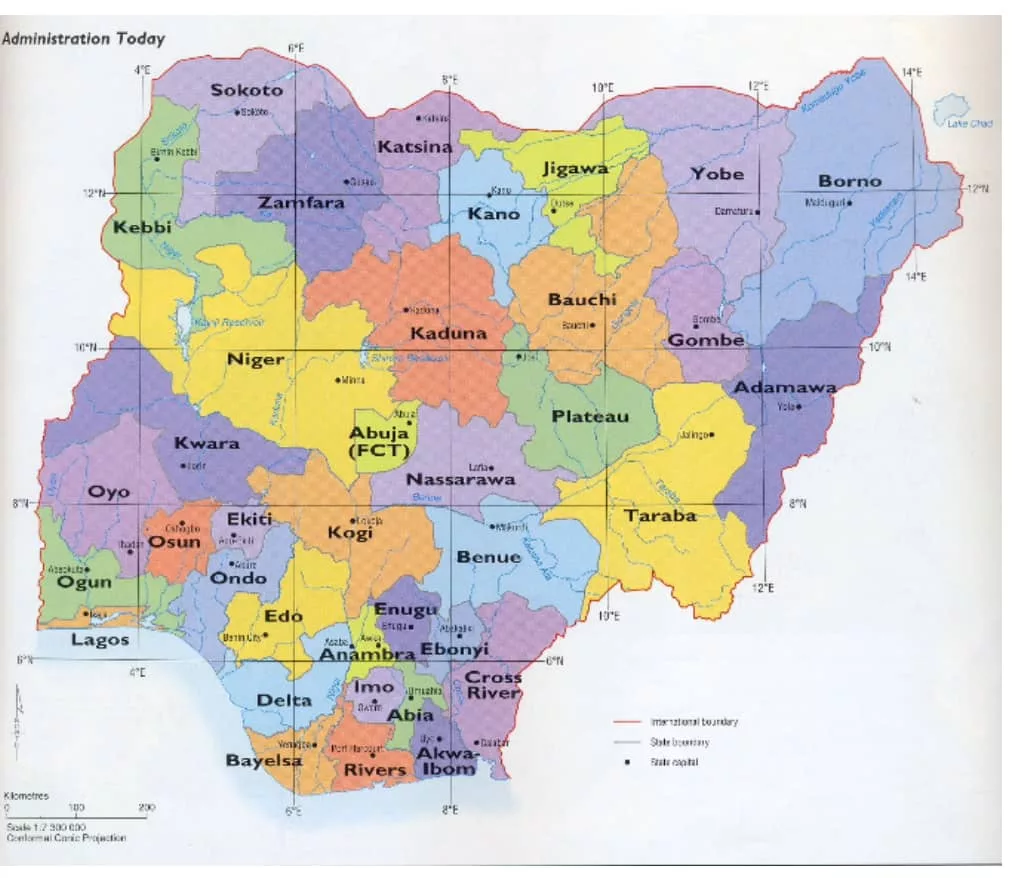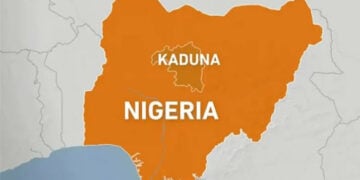Nigeria currently has the largest number of people hit by flooding among 19 African countries. The deadliest natural disaster in the world, floods claim more lives and destroy more property than any other natural occurrence.
According to information obtained from the United Nations Office for the Coordination of Humanitarian Affairs (UNOCHA), World Food Programme (WFP) and Tellier Research, at least 3.5 million out of the five million individuals in Africa who have been impacted by flood are Nigerians.
Flooding is an extreme weather event naturally caused by rising global temperature which results in heavy downpour, thermal expansion of the ocean and glacier melt, which in turn results in rise in sea level, thereby causing salt water to inundate coastal lands. It is also the most common of all environmental hazards and it regularly claims over 20,000 lives per year and adversely affects around 75 million people world-wide.
Across the globe, floods have posed tremendous danger to people’s lives and properties. Floods cause about one third of all deaths, one third of all injuries and one third of all damage from natural disasters. In Nigeria, the pattern is similar with the rest of the world.
Generally, causes of flood in Nigeria could be as a result of natural cause or human cause. Natural cause in form of heavy or torrential rains, ocean storms and tidal waves usually along the coast.
Coastal flooding occurs in the low-lying belt of mangrove and fresh water swamps along the coast. River flooding occurs in the flood plains of the larger rivers. Flash floods are associated with rivers in the inland areas where sudden heavy rains can change them into destructive torrents within a short period.
Urban flooding occur in towns located on flat or low lying terrain especially where little or no provision has been made for surface drainage, or where existing drainage has been blocked with municipal waste, refuse and eroded soil sediments. Extensive urban flooding is a phenomenon of every rainy season in Lagos, Maiduguri, Aba, Warri, Benin and Ibadan among other urban centres in the country.
Virtually every Nigerian is vulnerable to disasters, natural or man-made. Every rainy season, wind gusts arising from tropical storms claim lives and property worth millions of naira across the country. Flash floods from torrential rains wash away thousands of hectares of farmlands. Dam bursts are common following such flood.
In August 1988 for instance, 142 people died, 18,000 houses were destroyed and 14,000 farms were swept away when the Bagauda Dam collapsed following a flash flood. Urban flooding such as the Ogunpa disaster which claimed over 200 lives and damaged property worth millions of naira in Ibadan, are common occurrence. Floods paralyse economic activities in many towns and cities in the country. Major roads, some linking states are flooded causing hardship to motorists. When these roads were constructed, the flooding problems were not there, and the companies that constructed the roads probably did not anticipate the problem.
The effects of flooding have grown from significant to dangerous proportions over the past three decades, causing the loss of lives and property. Though detailed statistics are not available regarding the losses sustained by the urban dwellers and flood victims, it is obvious from the available records that irreparable havocs have been sustained by the citizens of Nigeria due to what has become perennial natural disaster in our cities.
Apart from houses that collapse by flooding, schools’ buildings and bridges sometimes collapse as well.
The analysis clearly shows that millions of people had to leave their houses due to flooding, and that thousands of people perished in flooding at various points and sites throughout the federation.
Since some areas of Nigeria are located in low-lying regions that may become submerged during intense rainstorms, these regions can be adequately dealt with as opposed to being managed or mitigated. Studies might, however, focus on flood mitigation strategies for low-lying locations.
In order to prevent flooding in Nigeria and its long-term effects, there is an urgent need for the government and stakeholders to work together to support town planning, engineering, and other professional agencies. People should develop their plot with a deep or wide drainage system and avoid dumping of garbage in the waterways because it could endanger their safety. The public should be made aware of the effects of flooding through the media. The environment continues to be our most precious asset and heritage that we must all work to preserve. Let’s work together to safeguard our shared interests.
– M.Sc. students write from Geography Department, Faculty Of Environmental Sciences, Nasarawa State University Keffi (2020/2021 Class)
We’ve got the edge. Get real-time reports, breaking scoops, and exclusive angles delivered straight to your phone. Don’t settle for stale news. Join LEADERSHIP NEWS on WhatsApp for 24/7 updates →
Join Our WhatsApp Channel










